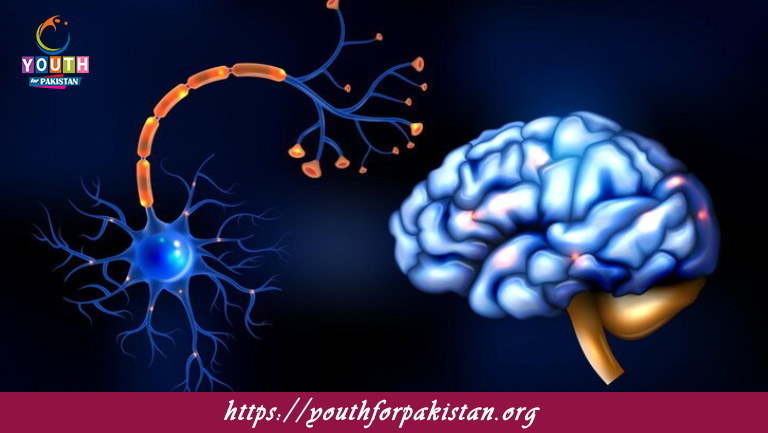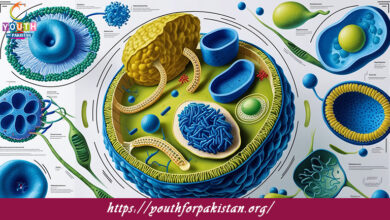Nerve Impulse MDCAT Quiz with Answers

Nerve Impulse is the electrical signal that travels along the length of a neuron, enabling communication within the nervous system. For MDCAT students, knowledge of how nerve impulses are generated and transmitted is vital to answer questions related to physiology, neurobiology, and cell communication in the MDCAT Quiz. The mechanism of transmission of a nerve impulse is based on the movement of ions across the membrane of the neuron, generating an electrical change called an action potential. In this post, we will take a look at how a nerve impulse is generated, the stages of action potential, and its role in the nervous system. Nerve impulses allow the transmission of information to and from the brain, spinal cord, and other parts of the body rapidly. H2: Generation and Transmission of Nerve Impulses H3: MDCAT Quiz on Nerve Impulses The generation of a nerve impulse begins with the resting membrane potential where the inside of the neuron is negatively charged with respect to the outside. When a stimulus reaches the neuron, it triggers the opening of voltage-gated ion channels, allowing sodium ions (Na+) to rush into the cell, causing a depolarization. This depolarization moves along the neuron, creating an action potential. After the peak of the action potential, potassium ions (K+) exit the cell, and the neuron returns to its resting state through a process called repolarization. This wave-like transmission of electrical signals enables quick communication within the nervous system. MDCAT students should be familiar with the terms depolarization, repolarization, and the role of sodium-potassium pumps in restoring the resting potential. H3: Free Flashcard on Nerve Impulses For effective MDCAT preparation, using a Free Flashcard is a helpful tool for reviewing the stages of nerve impulse transmission. Flashcards will reinforce your understanding of how the action potential is generated, how ions move across the membrane, and the importance of ion channels in the process. Regular use of these flashcards will ensure that you can quickly recall key concepts during the MDCAT Quiz. Mastery of nerve impulses will help you tackle questions on neuron function, signal transmission, and the role of the nervous system in body responses. The detailed process of how nerve impulses travel will also enable you to answer questions related to disorders like multiple sclerosis, where the transmission of nerve signals is impaired. Therefore, mastery of the process of generation of nerve impulses and its importance for neuronal communication can make MDCAT students score well in the physiology section of the MDCAT exam.




